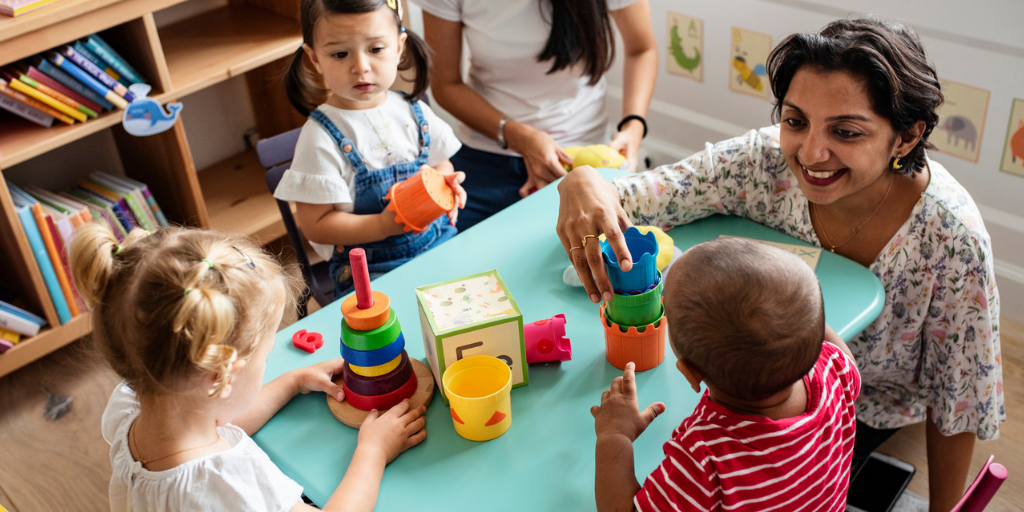Toolkit Helps Build Bipartisan Support for Child Care

Last month, the Bipartisan Policy Center (BPC) released a new toolkit aimed at helping stakeholders at the federal, state, and local levels across the political spectrum understand the child care landscape, establish new relationships, and build innovative solutions to address the complex challenges facing the child care sector. The “Building Bipartisan Support for Child Care Toolkit: 2023 Update,” includes a comprehensive analysis of child care funding, tips and guides for building bipartisan support, information on key topics within child care and early learning, and more.
Despite the value of high-quality, affordable, accessible early care and education, the child care market is broken in the United States. Resources fall short of need and millions of low- and middle-income families lack access to high-quality child care, in large part due to insufficient federal funding. BPC’s toolkit highlights the essential role of the federal government in funding child care programs by delving into data and funding over time of several core early learning programs including the Child Care and Development Fund (CCDF), Head Start and Early Head Start, and Temporary Assistance for Needy Families (TANF).
To turn research and data into action, BPC also crafted talking points on areas such as the science of early childhood development and the economic impact of child care. With information on effective framing and targeted messaging, these talking points can be used to demonstrate the need for increased federal funding and its impact on children, families, providers, businesses, and our economy at large.
Access the full brief here and click here to find BPC’s individual briefs on a variety of topics including tips and guides for building support, understanding child care funding, and supporting child care and early learning.
Subscribe to FFYF First Look
Every morning, FFYF reports on the latest child care & early learning news from across the country. Subscribe and take 5 minutes to know what's happening in early childhood education.



